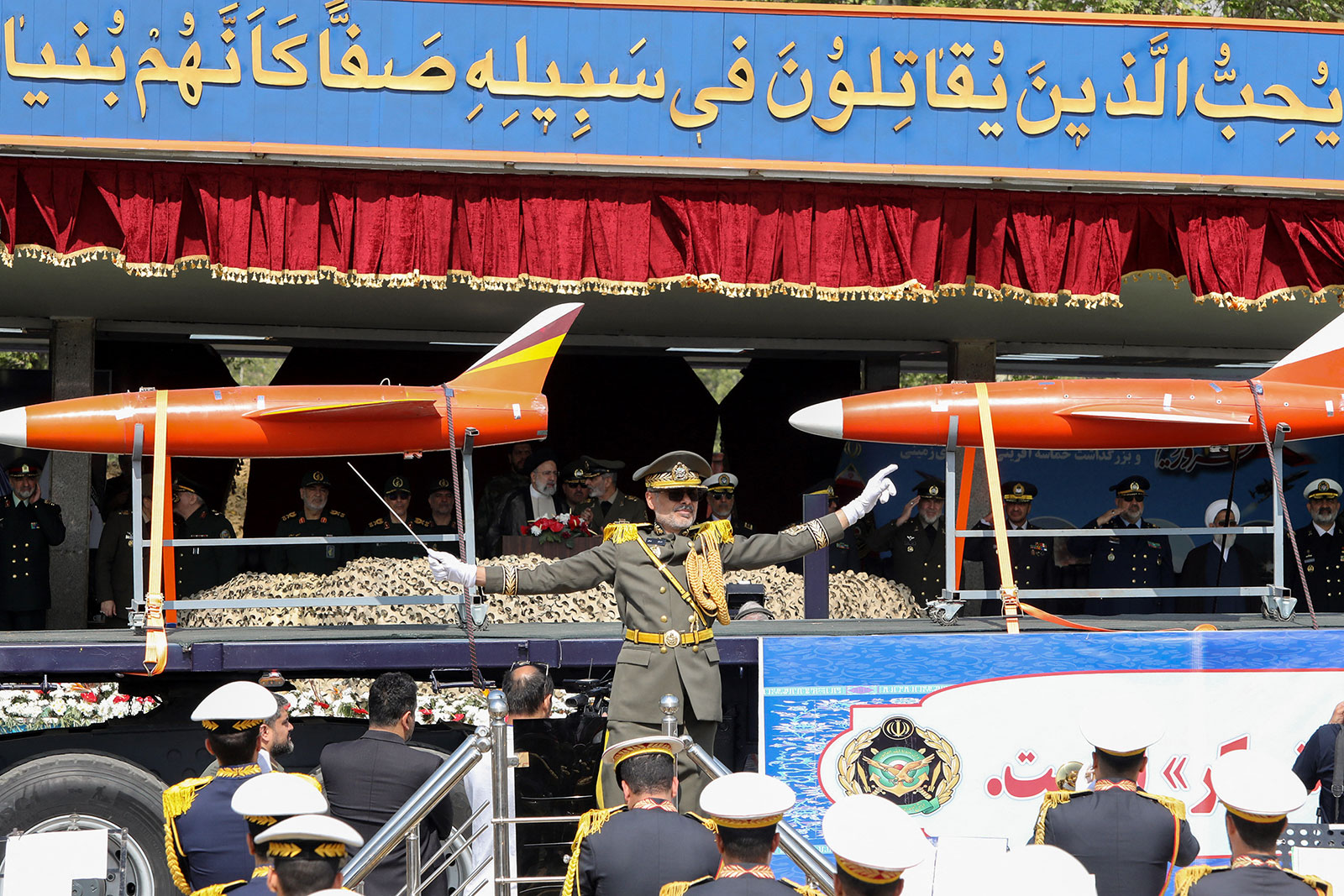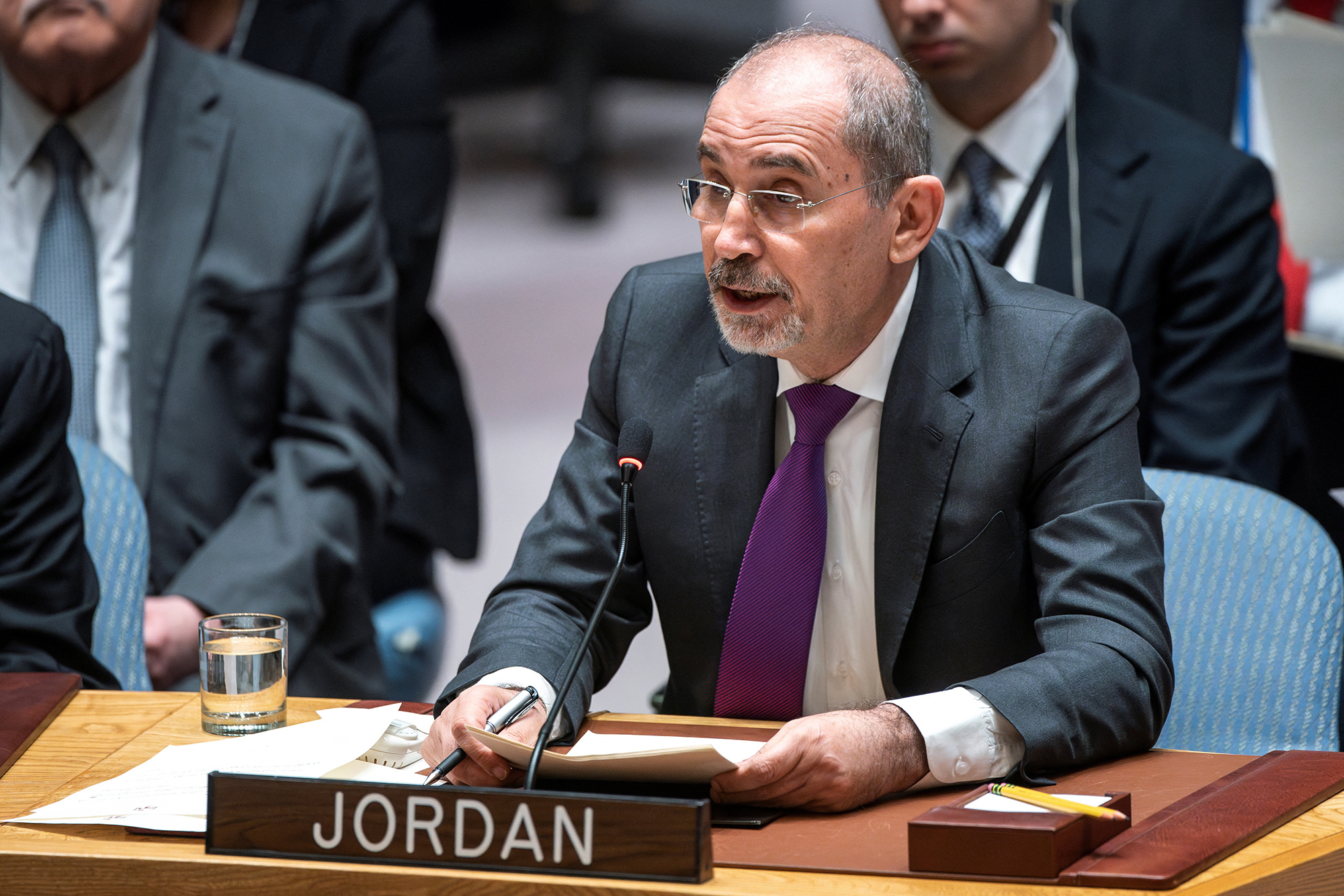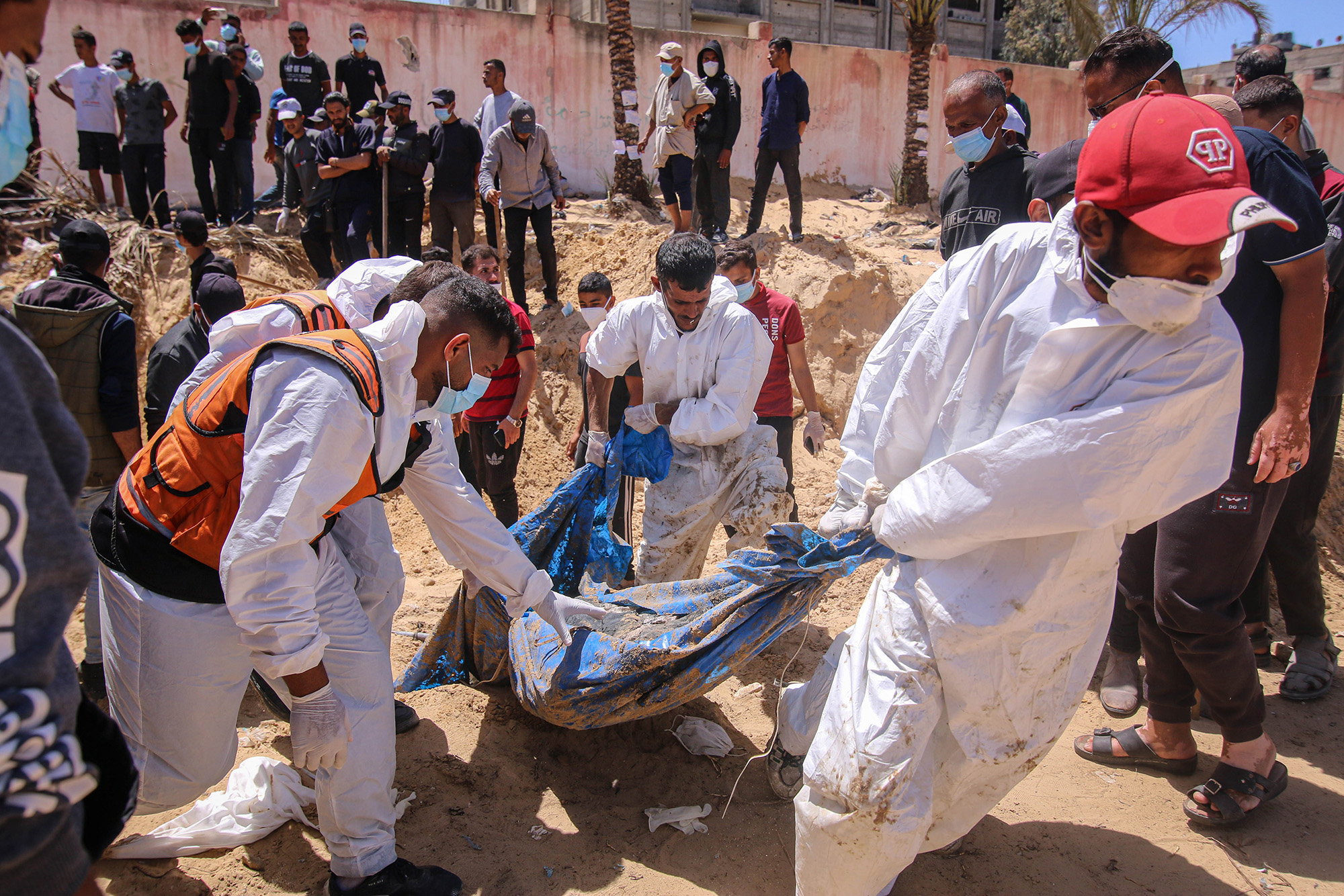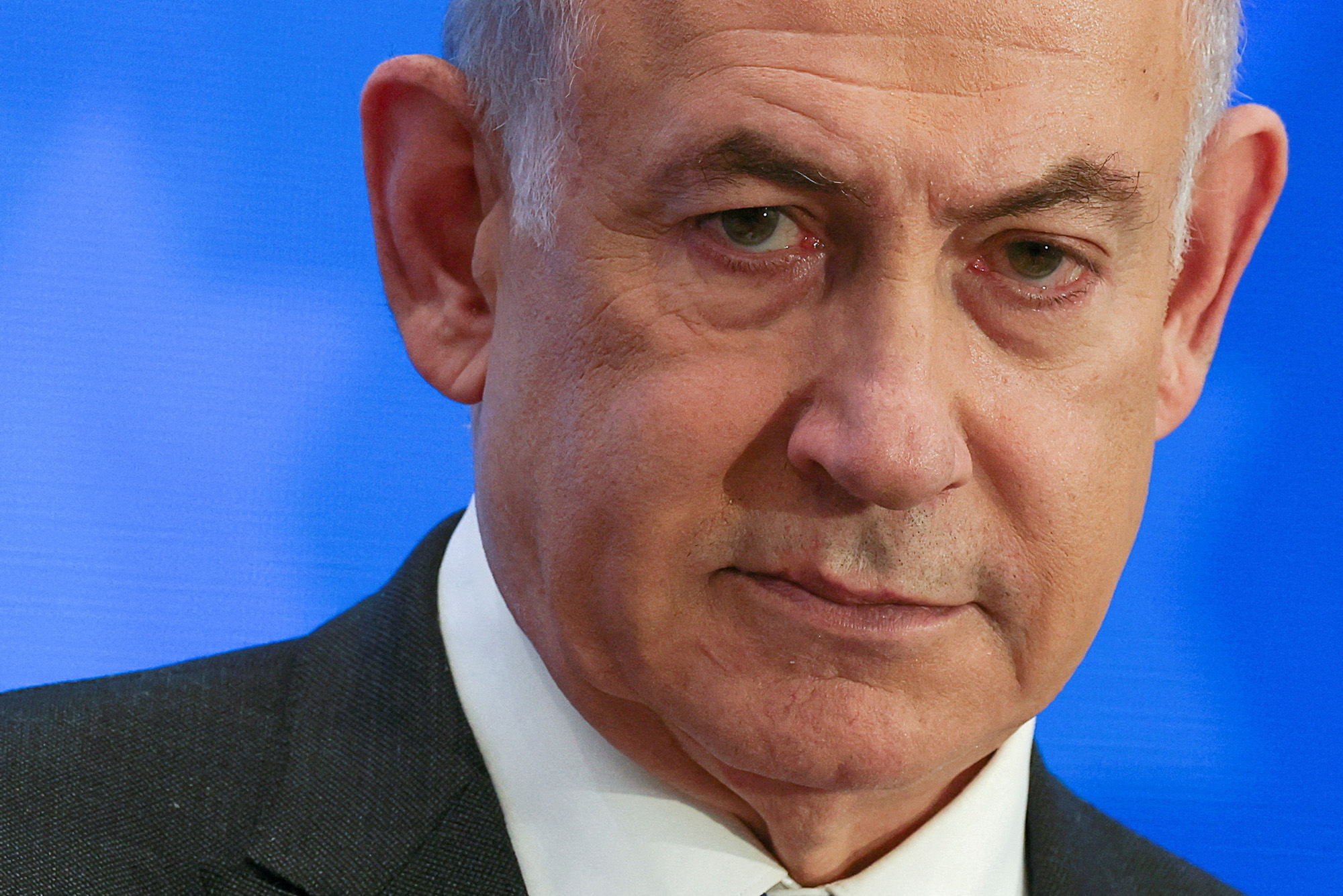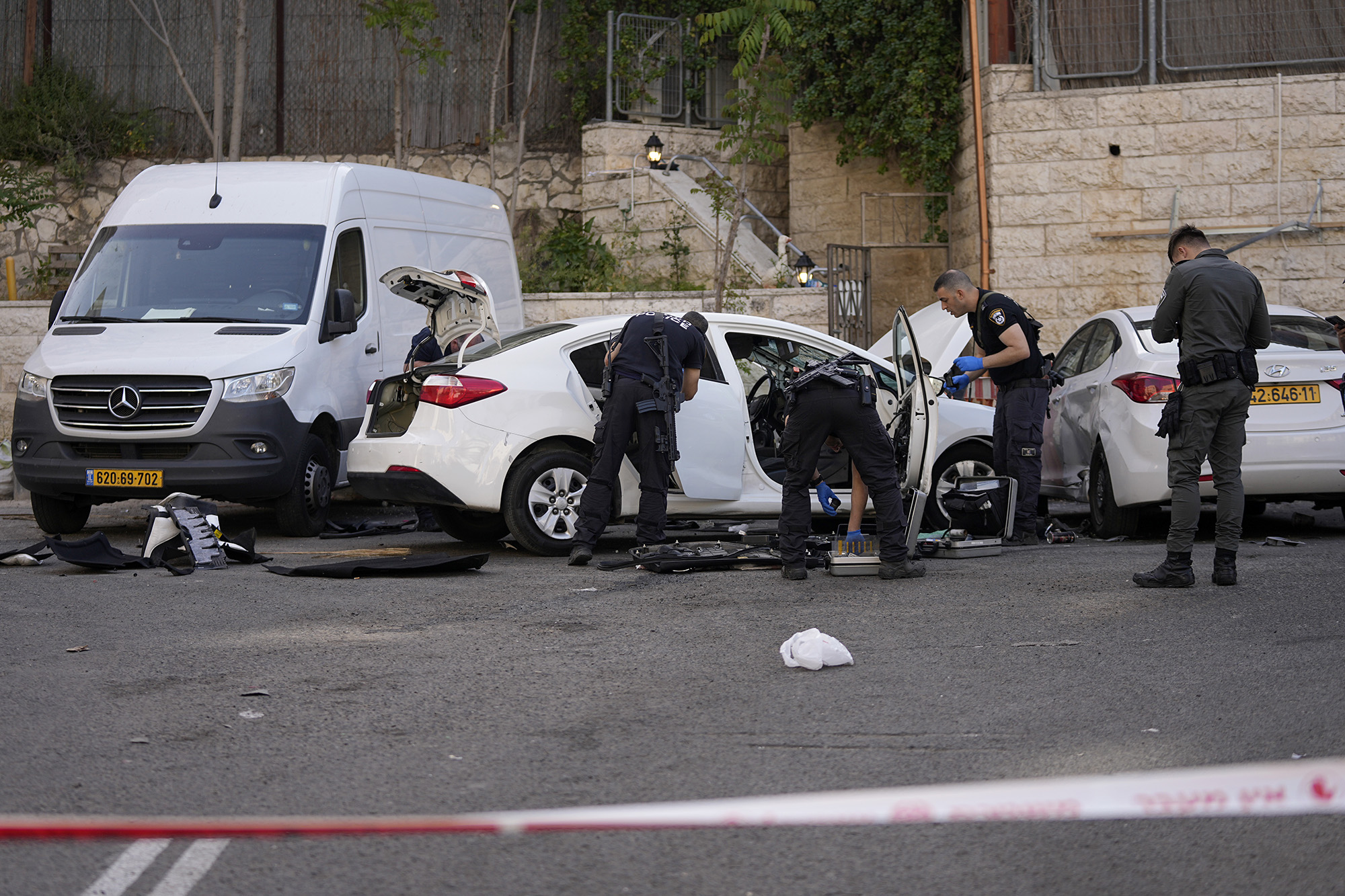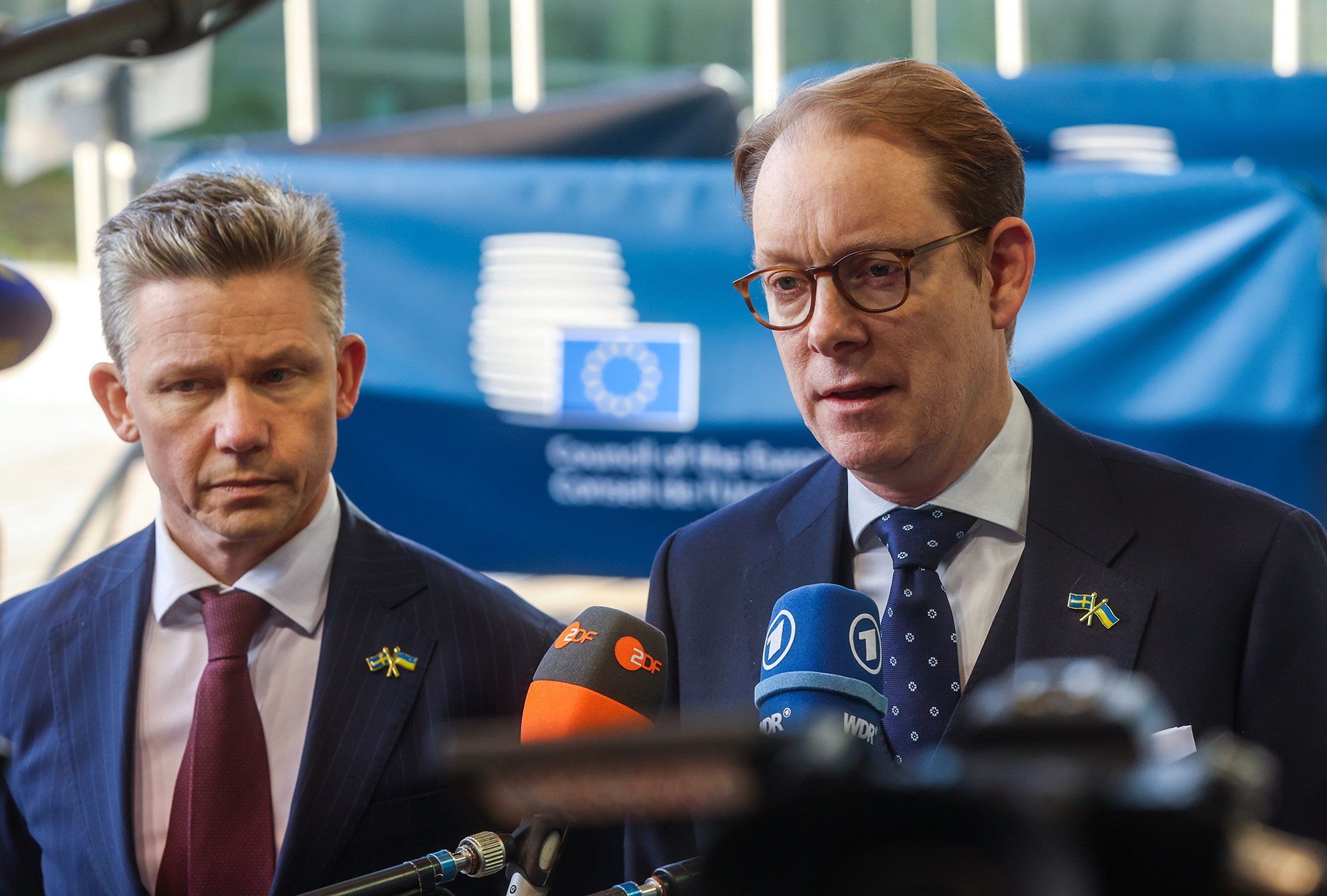An independent review of the United Nations Relief and Works Agency for Palestine Refugees in the Near East (UNRWA) has said the agency's neutrality must be strengthened.
Earlier this year, Israel accused at least 12 UNRWA staffers of being involved in Hamas' October 7 terror attacks and has alleged that about 12% of the agency's 13,000 staffers are members of Hamas or other Palestinian militant groups.
The review, which was led by former French Foreign Minister Catherine Colonna and published Monday, was not tasked with addressing Israel's allegations, but had a broader mandate to "assess whether UNRWA is doing everything within its power to ensure neutrality."
Despite UNRWA adopting a "robust framework" in 2017 to address issues of neutrality, the issues persist, the review said. However, the report did note that "Israel has yet to provide supporting evidence" for their allegations that "a significant number of UNRWA employees are members of terrorist organizations."
"They include instances of staff publicly expressing political views, host-country textbooks with problematic content being used in some UNRWA schools, and politicized staff unions making threats against UNRWA management and causing operational disruptions,” it said.
The review also found that “UNRWA's facilities have sometimes been misused for political or military gains, undermining its neutrality.”
Israel's response: “The Colonna report ignores the severity of the problem, and offers cosmetic solutions that do not deal with the enormous scope of Hamas' infiltration of UNRWA,” Israel’s Ministry of Foreign Affairs spokesperson Oren Marmorstein alleged in a statement, adding this is not what a “genuine and thorough review looks like. This is what an effort to avoid the problem and not address it head on looks like.” Israel has longstanding issues with UNRWA, accusing it of aiding Hamas and calling for it to be entirely dismantled.
This post has been updated with additional statements from the independent review.
